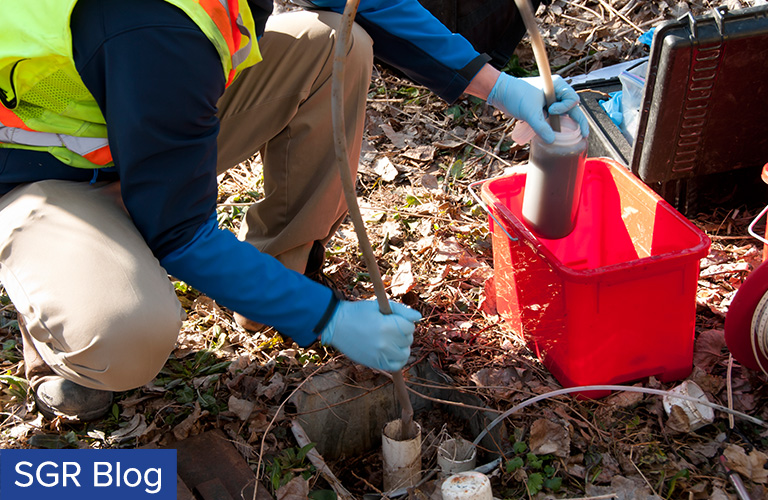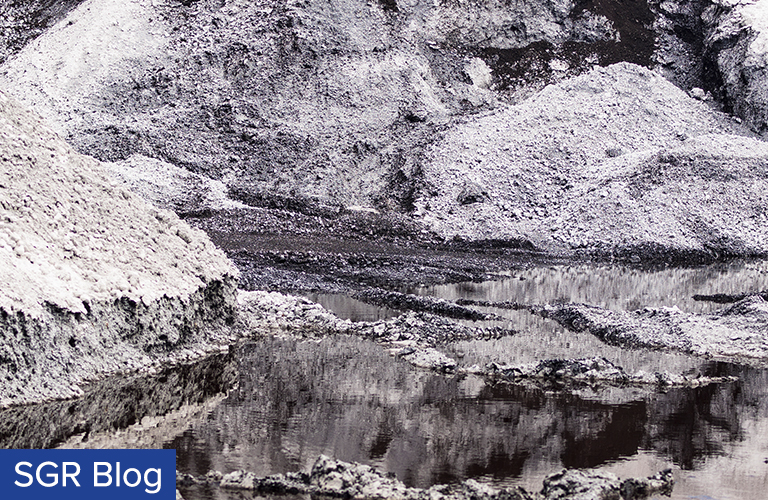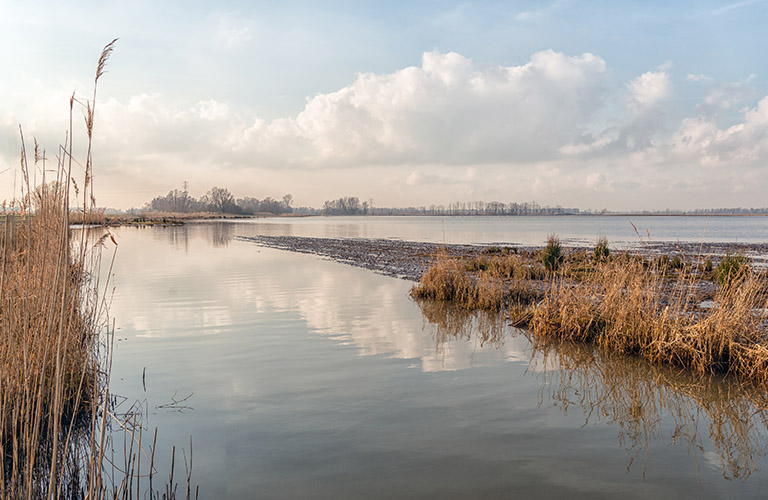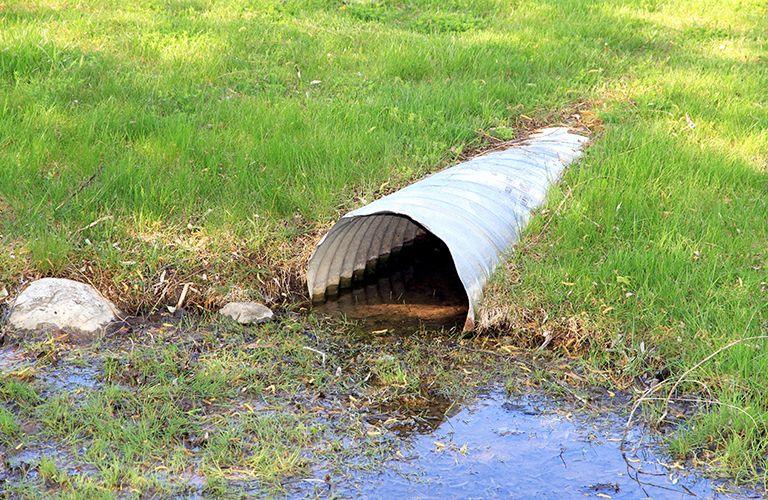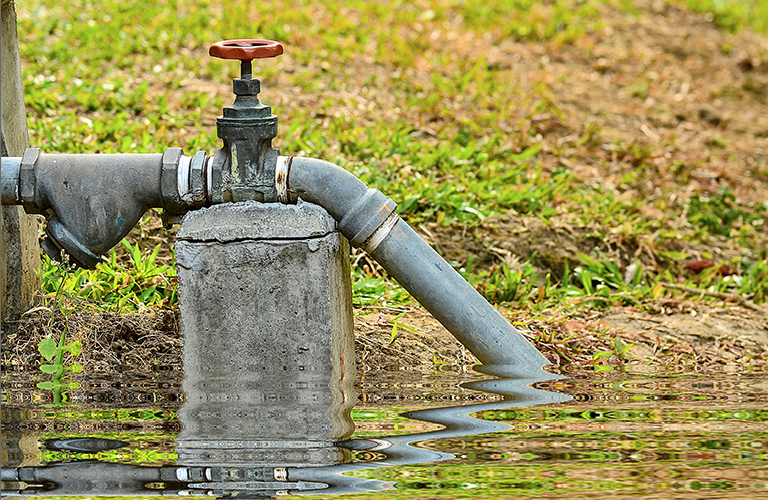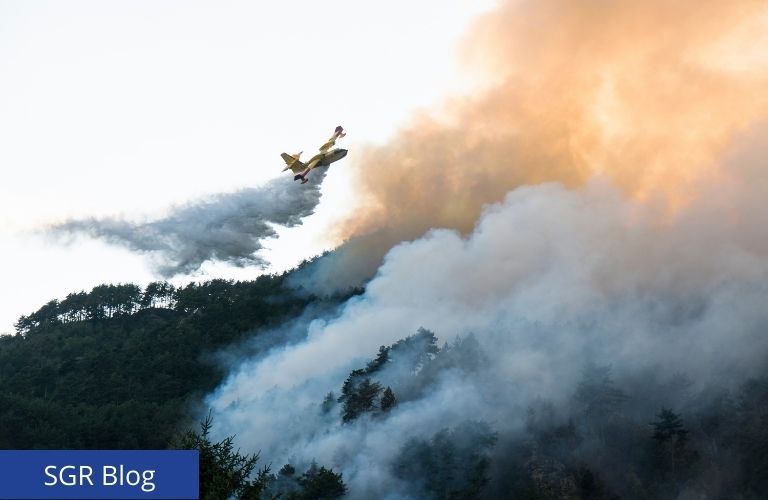
The U.S. Forest Service (USFS) is seeking Clean Water Act (CWA) Permits from the EPA for anticipated discharges from aerial firefighting efforts that may reach federal water. The Plaintiffs in the suite, Forest Services Employees for Environmental Ethics (FSEEE) v. U.S. Forest Service, allege that, because the Permits may take up to two and half years to issue, the current aerial discharges of flame retardants are an unpermitted point source discharge that can damage waterways and aquatic species. FSEEE has filed a Motion for Summary Judgement asking the Court to issue a wide-ranging injunction that would forbid further discharges until… Read more




